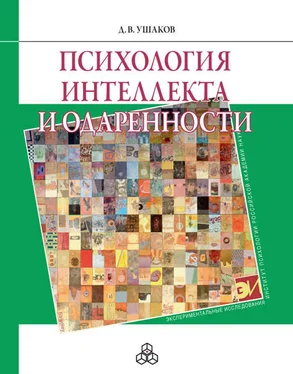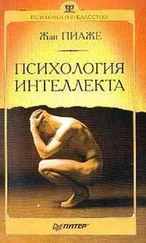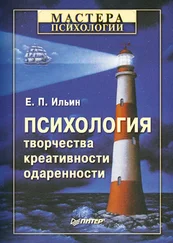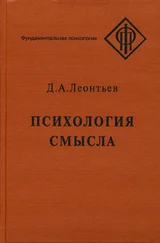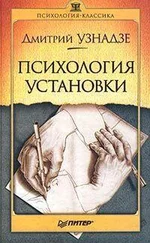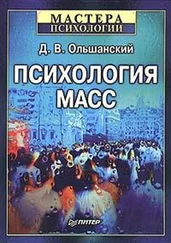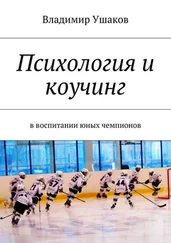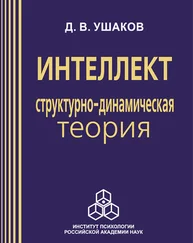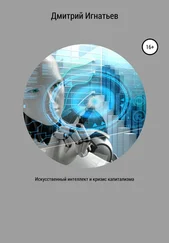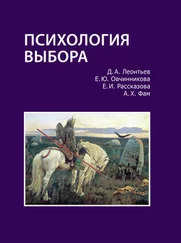Trabasso T., Riley C. A., Wilson E. G. The representation of linear order and spatial strategies in reasoning: a developmental study // R. J. Falmagne (ed.). Reasoning: representation and process. N. Y., 1975.
Treffinger D. Teaching for self-directed learning: A priority for the gifted and talented // Gifted Child Quarterly. 1975. 19. P. 46–59.
Van der Linden D., te Nijenhuis J., Bakker A. The General Factor of Personality: A meta-analyses of Big Five intercorrelations and a criterion-related validity study // Journal of Research in Personality. 44. 2010. P. 315–327.
Van Tassel-Baska J. Contributions to gifted education of the Talent Search concept // C. P. Benbow, D. Lubinsky (eds). Psychometric and social issues concerning intellect and talent. Baltimore, MD: Johns Hopkins University Press, 1997. P. 160–178.
van Dijk T. A., Kintch W. Strategies of discourse comprehension. N. Y.: Academic Press, 1983.
Vernon P. A. Speed of information processing and general intelligence // Intelligence. 1983. 7. P. 53–70.
Vernon P. A. The heritability of measures of speed of information processing // Personality and Individual Differences. 1989. 10. P. 573–576.
Veroff J., Feld S. C., Gurin G. Achievement motivation and religious background // American Sociological Review. 1962. 27. P. 205–217.
Vialle W., Quigley S. Does the teacher of the gifted need to be gifted? // Gifted and Talented International. 2002. 17. 2. P. 85–90.
Vineberg R., Taylor E. N. Performance in four Army jobs by men of different aptitude (AFQT) levels. Washington, DC: U. S. Department of the Army, 1972.
Visher S. S. Environmental background of leading American scientists // American Sociological Review. 1948. 13. P. 65–72.
Volken T. The Impact of National IQ on Income and Growth: A Critique of Richard Lynn and Tatu Vanhanen’s Recent Book // European Sociological Review. 2008. 19. P. 411–412.
Wagner M. E., Schubert H. J., Schubert D. S. Effects of sibling spacing on intelligence, interfamilial relations. Psychosocial characteristics, and mental and phisical health // Advances in child development and behavior. 1985. 59. P. 149–206.
Wallace A. The Prodigy: A Biography of Wiliam James Sidis, the World Greatest Child Prodigy. London: Macmillan, 1986.
Wallas G. The art of thought. 1926.
Wallerstein R. S. Forty-two lifes in treatment. A study of psychoanalysis and psychotherapy. N. Y.: Guilford, 1986.
Wason P. C. Reasoning about a rule // Quarterly Journal of Experimental Psychology. 1968. 20. P. 273–281.
Weede E., Kampf S. The Impact of Intelligence and Institutional Improvements on Economic Growth // Kyklos. 2002. 55. P. 361–380.
Weiner B. An attribution theory of motivation and emotion. N. Y.: Springer, 1986.
Weiss P., Wertheimer M., Groesbeck B. Achievement motivation, academic aptitudes, and college grades // Educational Psychology Measmt. 1959. 19. P. 663–666.
Wellman H. M. The child’s theory of mind. Cambridge, London: MIT Press, 1992.
Wendt H. W. Motivation, effort, and performance // D. C. McClelland (ed.). Studies in motivation. N. Y.: Appleton, 1955. P. 448–459.
Whitehurst G. J., Falco F. L., Lonigan C. J., Fischel J. E., DeBaryshe B. D., Valdez-Menchaca M. C., Caulfield M. Accelerating language development through picture book reading // Developmental Psychology. 1988. 24. P. 552–559.
Wiener N. Ex-prodigy: My Childhood and Youth. N. Y.: Simon & Schuster, 1953.
Williams W. M., Sternberg R. J. Seven lessons for helping children make the most of their abilities // Educational Psychology. 1993. 13. P. 317–331.
Wilson T. D., Linville P. W. Improving academic performance of college freshmen: Attribution therapy revisited // Journal of Personality and Social Psychology. 1982. 42. P. 367–376.
Wimmer H., Perner J. Beliefs about beliefs: Representation and constraining function of wrong beliefs in young children’s understanding of deception // Cognition. 1983. 13. P. 103–128.
Witkin H. A. Perception of the upright when the direction of the force acting the body is changed // Journal of Experimental Psychology. 1950. 40. P. 93–106.
Witte K. H. G. The Education of Karl Witte. N. Y.: Arno Press, 1975.
Wohlwill J. F., Lowe R. An experimental analysis of the development of the conservation of number // Child Development. 1962. 33. P. 153–167.
Wollach M. A., Kogan N. A. A new look at the creativity – intelligence distinction // Journal of Personality. 1965. 33. P. 348–369.
Wood J. V. Theor y and research concerning social comparison of personal attributes // Psychological Bulletin. 1989. 106. P. 231–248.
Zajonc R. B. Family configuration and intelligence // Science. 1976. 192. P. 2 27–2 3 6.
Zawadsky B., Strelau J. Structure of personality: The search for a general factor viewed from a temperament perspective // Personality and Individual Differences. 49. 2010. P. 77–82.
Обсуждение темы одаренности в Совете Европы
Совет Европы – наднациональный орган ряда европейских стран, включающий Парламентскую ассамблею с комиссиями по различным направлениям, а также Комитет министров. С конца 1990-х годов в состав Совета Европы вошла Российская Федерация.
Инициатива обсуждения проблемы образования одаренных детей в этой организации исходила от Евроталанта. В декабре 1988 г. президент Евроталанта Ж. Брюно и представитель Евроталанта при Совете Европы М. Стрикер встретились с президентом Парламентской ассамблеи Совета Европы Л. Юнгом и руководителем Секции педагогических исследований М. Ворбеком. На этой встречи было принято решение о проведении под эгидой Совета Европы конференции по проблемам образования одаренных детей, которая и состоялась позднее в голландском городе Неймегене.
Конференция в Неймегене собрала многих видных специалистов по проблеме одаренности и приняла рекомендацию, которая помещена ниже.
К сожалению, однако, резолюция осталась в основном на бумаге. В 1992 г. Комиссия по культуре и образованию Совета Европы, констатировав, что решения конференции в Нимегене не привели к существенным результатам, вновь вернулась к проблеме образования одаренных детей. Подготовка доклада по этому вопросу была поручена представителю Франции г-ну К. Юно. После встречи с Юно представители Евроталанта направили ему официальное письмо с предложениями по поводу подготавливаемой резолюции Парламентской ассамблеи.
Читать дальше
Конец ознакомительного отрывка
Купить книгу
